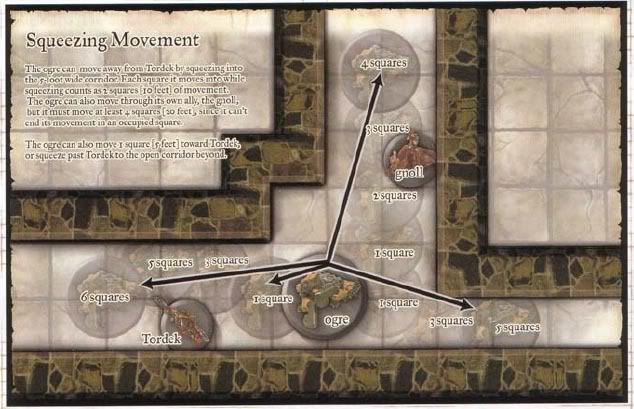Ashrem Bayle
Explorer

Imagine that is your table top. (Minus the text of course.) You double tap your miniature and his character sheet pops up beside him. Maybe you even tap the weapon/attack you intend to use.
Tap the target you wish to attack, then tap the dice to roll. All the math is done, the character sheet for the enemy is updated with the damage...etc. etc.
Maybe there is a round tracker floating around the board to help you track initiative.
Imagine when you tap the character, the spaces he can legally move to are highlighted.
Tell the board what type of spell you are casting and you drag the spell "template" around to determine which enemies get affected.
Awesome....



